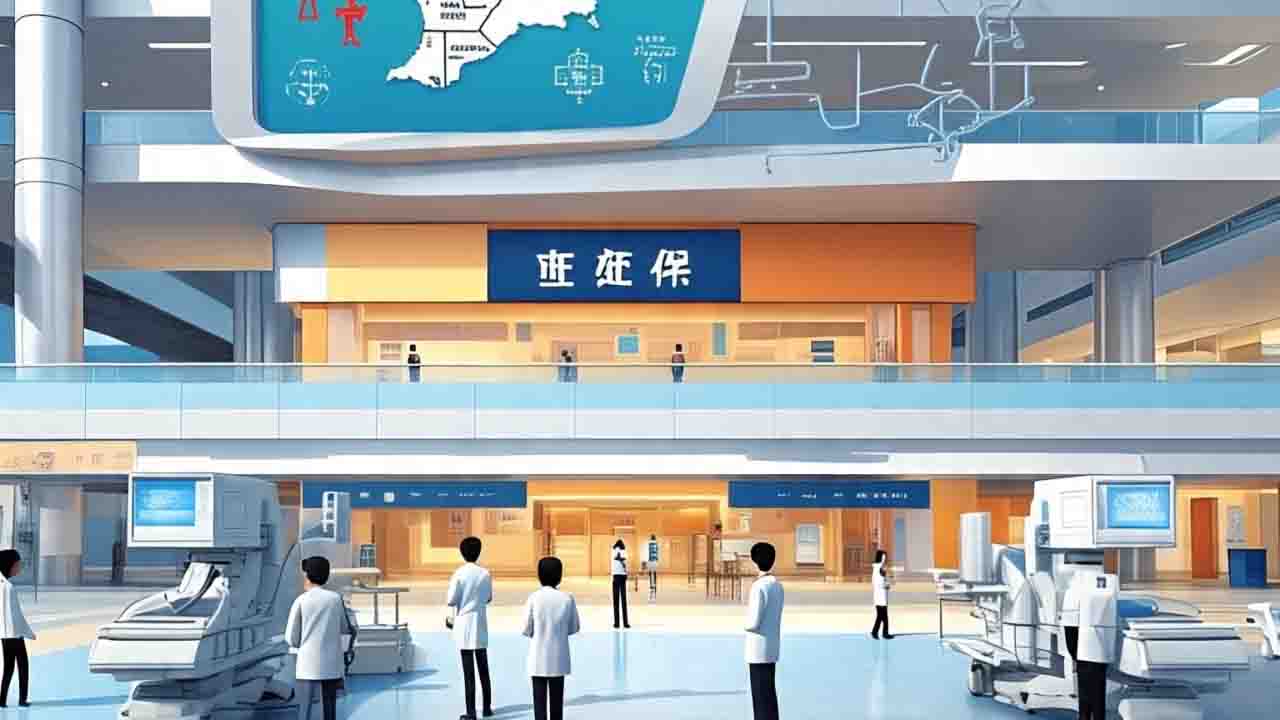
Resilienceapac – China Healthcare Crossroads marks a defining moment in Beijing’s approach to public health a balancing act between national self-reliance and the ongoing need for foreign pharmaceutical support. While China continues to push for independence in technology and manufacturing, healthcare has become a notable exception. To achieve the ambitious Healthy China 2030 goals, Beijing is actively welcoming U.S.-made medical supplies, softening its stance on foreign involvement in this critical sector.
In recent years, China has lifted tariffs on a wide range of American medical products and fast-tracked regulatory approval for foreign drugs. Imports of pharmaceuticals have more than doubled since 2017, reaching $52 billion by 2024. U.S. giants like Merck, Pfizer, and Eli Lilly now hold a significant share of the Chinese market. These imports help meet the growing demand for advanced treatments, especially for chronic diseases and conditions linked to an aging population.
While some products like Merck’s Gardasil face competition from domestic alternatives, many foreign medications remain irreplaceable in the short term. China’s willingness to prioritize public health over protectionism shows the complex dynamics behind the China Healthcare Crossroads.
“Scandal and Sonnets: Upstart Crow Strikes Comic Gold Again”
Despite this openness, China is not abandoning its goal of medical independence. The country remains a top producer of generic drugs but still trails behind in high-end pharmaceutical innovation. Limited R&D investment and a smaller market for premium treatments have slowed progress.
However, local companies are catching up. With increased government support and a focus on innovation. Chinese firms are making strides in both drug development and medical devices. The road ahead is long, but the foundation is being laid.
At its heart, the China Healthcare Crossroads reflects a calculated compromise. Lean on foreign expertise today while building domestic capability for tomorrow. It’s a pragmatic strategy, allowing China to protect public health without delaying long-term national goals. The challenge lies in maintaining this balance ensuring that the pursuit of self-reliance does not come at the cost of care.
“U.S. Court Overturns Trump Tariffs: Policy Shaken”
Resilience APAC: Asia-Pacific Hub for Reform - resilient energy systems climate adaptation is becoming a critical focus as climate change…
Resilience APAC: Asia-Pacific Hub for Reform - industrial policy trends shaping economic landscapes worldwide are playing a crucial role in…
Resilience APAC: Asia-Pacific Hub for Reform - Boardrooms now menilai seberapa siap perusahaan menghadapi risiko iklim, sehingga climate resilience metrics…
Resilience APAC: Asia-Pacific Hub for Reform - Companies worldwide now see circular logistics reducing waste as a core strategy to…
Resilience APAC: Asia-Pacific Hub for Reform - A new airport climate adaptation study highlights how rising temperatures, sea-level rise, and…
Resilience APAC: Asia-Pacific Hub for Reform - Industrial companies increasingly use industrial renewable energy strategies to protect operations from price…